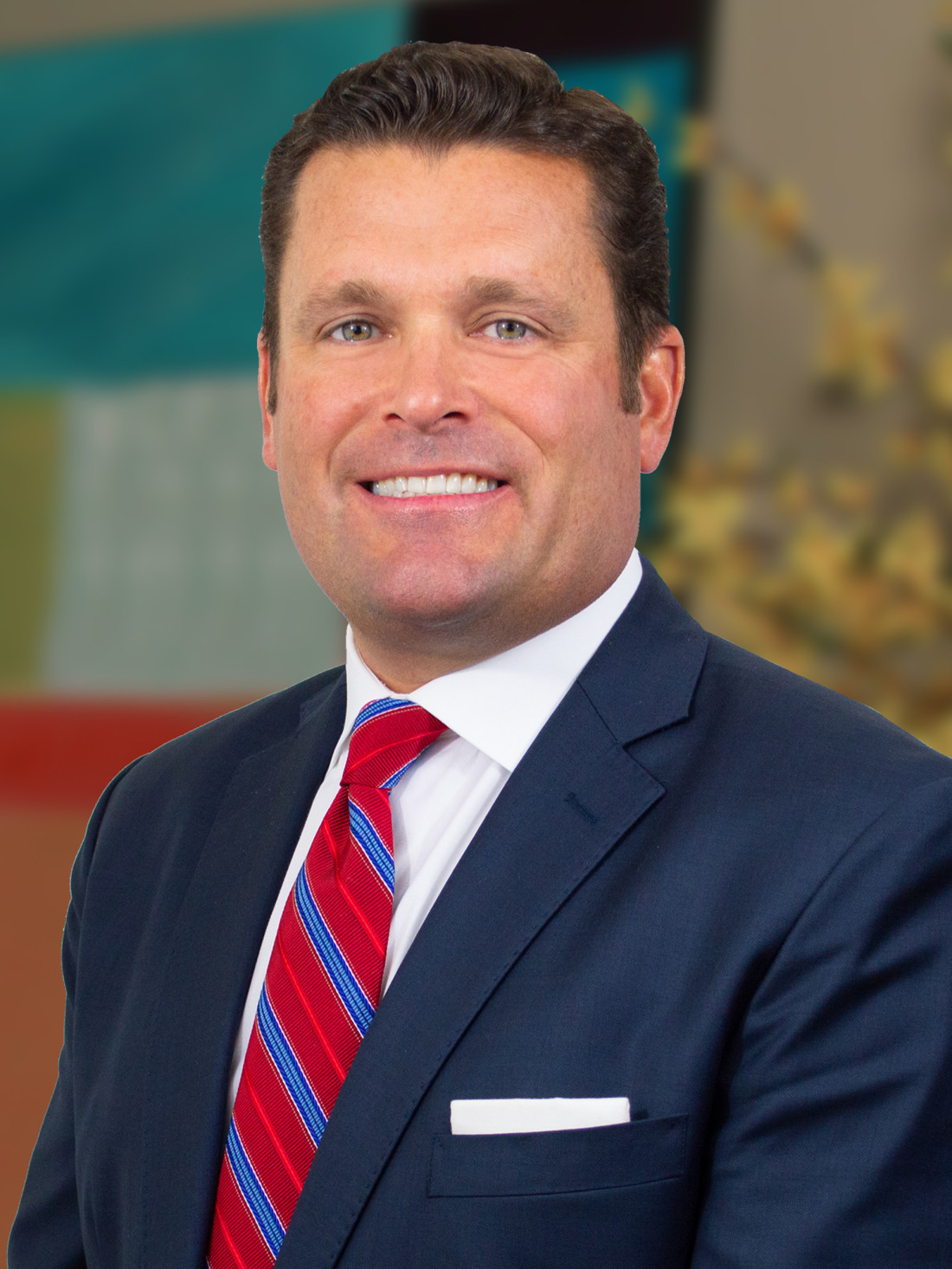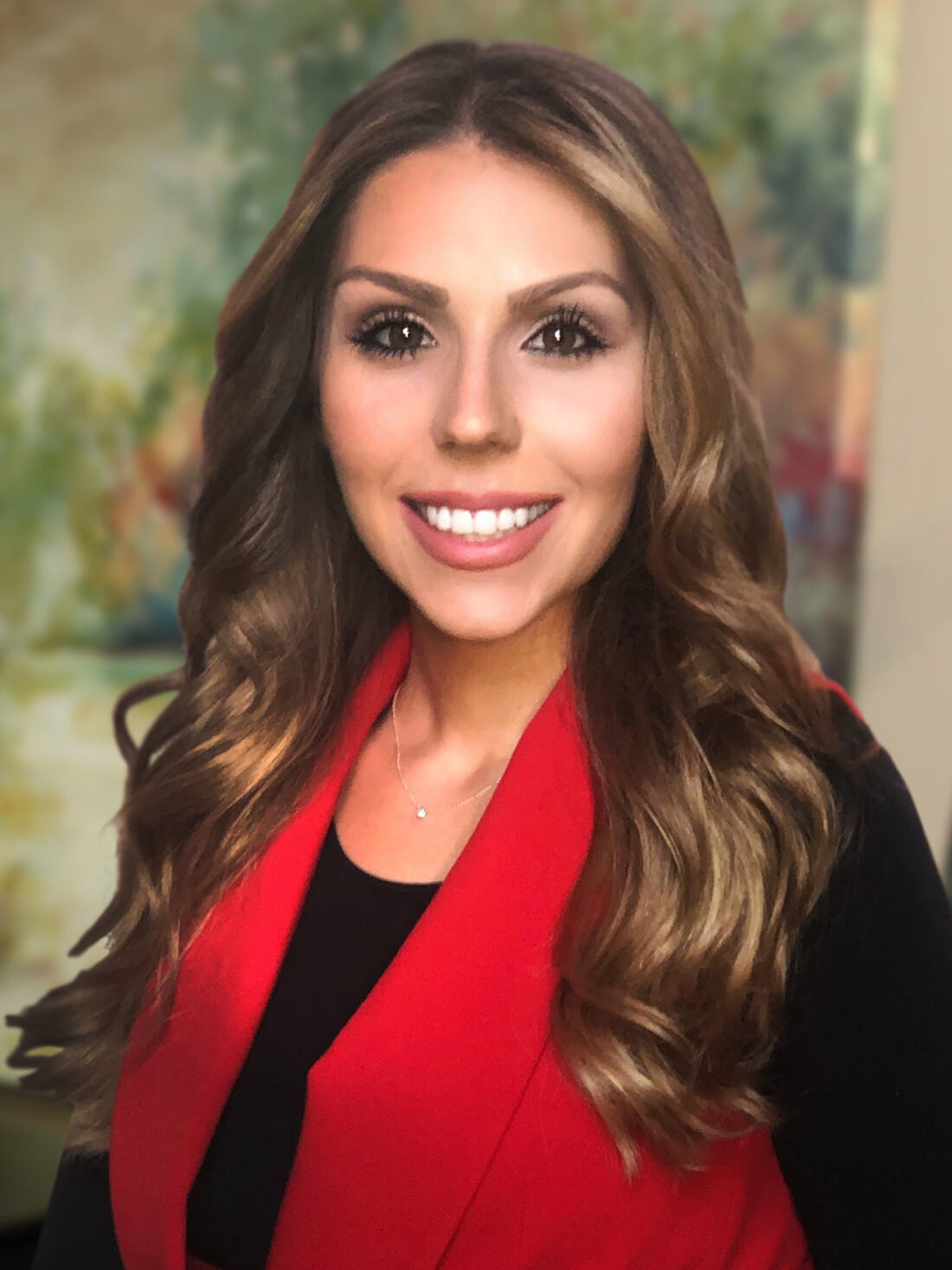What You Need to Know
- The federal government estimates that fraud totals related to the Paycheck Protection Program are as high as $80 billion, due to the fallout from a fast-tracked applicant vetting process that resulted in a relaxation of internal fraud controls.
- Federal prosecutors’ aggressive pursuit of PPP fraud, while aimed at intentional wrongdoers, may also entangle certain well-intentioned borrowers who inadvertently failed to comply with the program’s requirements for recipients of relief funds.
- It is critical for business owners who received PPP funds to proactively review their compliance, mitigate any non-compliance, and address corrective measures as needed.
The U.S. Department of Justice (DOJ) recently affirmed what many have suspected – that the federal government will continue to persistently pursue fraud related to the Paycheck Protection Program (PPP), the total of which is estimated to be as high as $80 billion. Federal prosecutors are calling this theft of taxpayer money intended to help those harmed by the coronavirus pandemic “the largest fraud in U.S. history” as it represents approximately 10 percent of the $800 billion handed out to small businesses in low-interest uncollateralized loans from April 3, 2020, through May 31, 2021. The prevalence of pandemic-related relief fraud has been known for some time, but the extent and implications of such fraud are only now becoming clear.
PPP relief was designed to provide an incentive to keep workers employed, but far too many business owners instead pocketed the money or misappropriated the funds to buy personal items. For example, federal prosecutors have targeted individuals who used their PPP loan funds to pay for luxury purchases including hotel stays, automobiles, jewelry, and clothing. Due to the urgency caused by the pandemic’s impacts on the business sector, the need to dispense this important worker relief came at the sacrifice of instituting a more stringent applicant vetting process. Although many businesses and individuals benefitted by using their relief payments as intended, this fast-tracked process led to a relaxation of internal controls that also, in turn, increased the risk of PPP fraud.
In late March of 2022, the DOJ stated that only 178 individuals nationwide had been convicted in PPP fraud cases to date, however the government signaled that many more prosecutions are coming, making these initial convictions the tip of the iceberg.
In the course of the DOJ’s pursuit of PPP fraud prosecutions, it may become challenging for the government to discern between borrowers that intended and affirmatively acted to commit fraud and those that were well-intentioned but nonetheless failed to comply with this fast-tracked federal relief program. As a result, many unwitting borrowers may find themselves caught in the DOJ’s fishnet of fraud charges. Therefore, it is critical for those business owners who received PPP funds to immediately review their compliance, mitigate any non-compliance, and address corrective measures and exposure to enforcement with the appropriate government agency.
Critical Next Steps
An essential first step is obtaining knowledgeable legal counsel or other experts who can accurately assess whether there was sufficient compliance, what any potential exposure might be, and how, if necessary, to effectively address that exposure.
Business owners cannot afford to be reactive and wait until the government comes knocking on their doors, as those who are proactive stand a better chance of obtaining a more favorable outcome.
The members of the firm’s Criminal Defense & Regulatory Compliance Practice Group are highly experienced in helping public and private business entities and individuals navigate government investigations, enforcement actions, and prosecutions. If you are contacted by a law enforcement or regulatory authority regarding a PPP loan or other similar business transaction, or have other questions or concerns, contact the authors of this Alert to discuss your specific circumstances.



